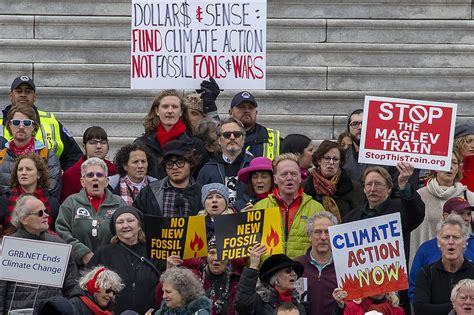As the second term of President Donald J. Trump kicks off, a significant shift is underway in America’s financial landscape. The country’s major banks and asset managers are making headlines by stepping away from long-standing climate action groups, signaling a departure from their previous green commitments.
Political and Legal Pressures
In the run-up to Mr. Trump’s inauguration, top players in the financial sector such as JPMorgan, Goldman Sachs, BlackRock, and even the Federal Reserve have chosen to sever ties with prominent climate networks like the Net Zero Banking Alliance. This move reflects a broader trend influenced by mounting political and legal pressures that challenge the industry’s environmental, social, and governance (ESG) objectives.
Expert voices like Shivaram Rajgopal from Columbia Business School recognize this strategic retreat as a response to an evolving regulatory environment under the current administration. The changing political landscape has made it increasingly risky for corporations to maintain alignment with sustainability initiatives that could clash with prevailing governmental stances on climate change.
Business Leaders Navigating Political Shifts
The exodus of these financial giants follows a pattern observed across various sectors where corporate leaders are recalibrating their strategies to avoid friction with policies set forth by the Trump administration. Recent instances include Meta discontinuing its fact-checking program and appointing individuals sympathetic to Mr. Trump onto its board.
Not too long ago, there was a surge in companies eager to showcase their eco-friendly credentials through participation in global efforts aimed at accelerating climate actions. Events like the COP26 summit saw institutions collectively managing trillions of dollars in assets band together under initiatives like the Glasgow Financial Alliance for Net Zero.
Amidst these developments lies a narrative of adaptation and realignment within corporate circles as they navigate through shifting political dynamics impacting their ESG priorities and alliances.
Through these decisions made by banking institutions during this critical juncture of political transition, we witness not just mere shifts in strategy but reflections of wider societal dialogues surrounding environmental responsibilities amidst ever-evolving political climates.




Leave feedback about this